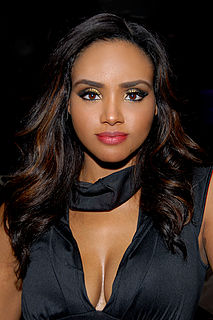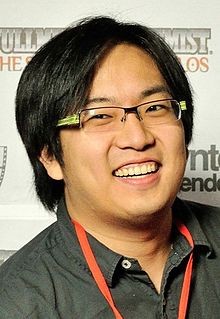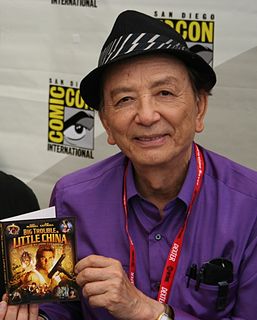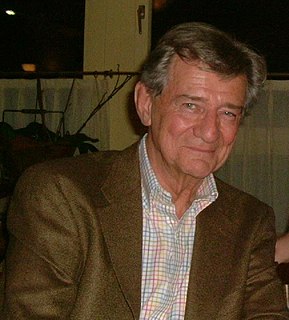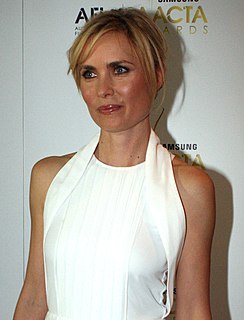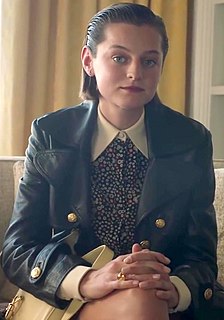A Quote by James Wan
I'm a visual filmmaker so the camera is a big part of my storytelling tool and it's something that I really rely on to tell a scene or create the suspense that I need and create the emotion of a scene or a sequence.
Related Quotes
I'm very heavily involved in the editorial post-production process, and the camera - it's just such a big part of my storytelling language. I like creating the tension; I like creating the emotion through the movement of my camera, or the lack of movement through my camera, depending on what fits the scene best.
Whether it's one scene or 15 scenes in a film, whether it's the lead or a cameo part, if I don't find it interesting, I tend not to do it. You never really know what it is. It could be a one-scene part. I remember I read the one scene in Crash and was asked to do it. I was like, "Absolutely!" There's no formula for how something has to be. I always try to keep it that way.
I really, really liked shooting and doing the scene with Emilia Clarke and Peter Dinklage at the end of 'Winds of Winter,' when she gives him the Hand of the Queen. Because we shot it very simply. We felt like we had managed to do something that was visual but really was a very intimate scene between two people.
have a much harder time writing stories than novels. I need the expansiveness of a novel and the propulsive energy it provides. When I think about scene - and when I teach scene writing - I'm thinking about questions. What questions are raised by a scene? What questions are answered? What questions persist from scene to scene to scene?

